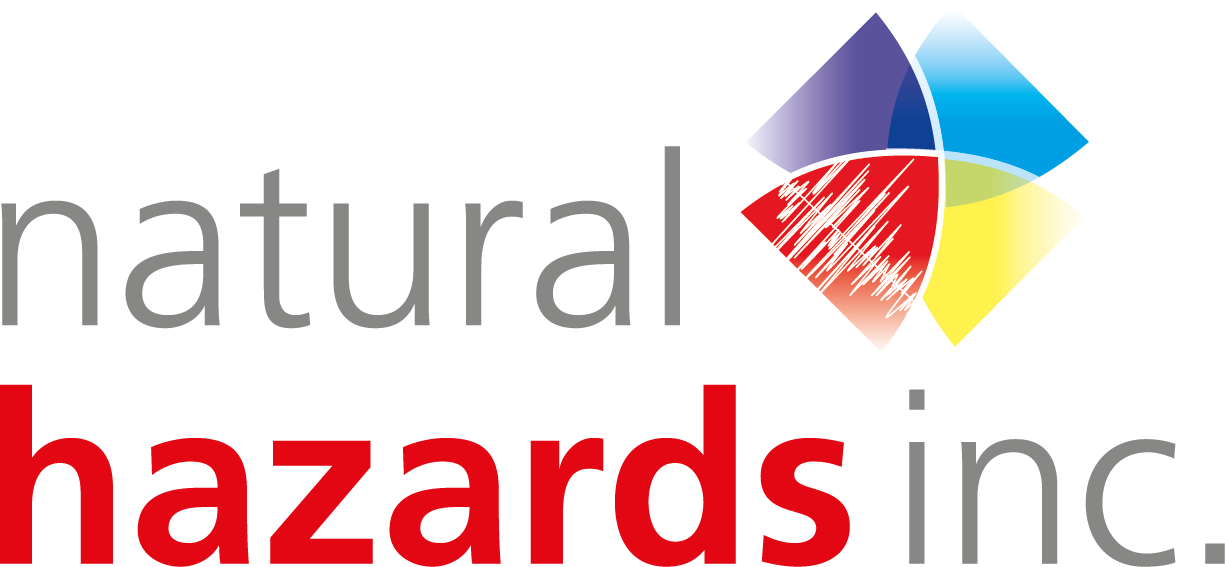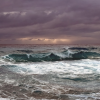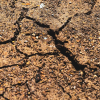Sand slips away, but CoastSat keeps the score - The University of Auckland

A new tool uses satellite data to monitor New Zealand's coastlines for erosion.


A new tool uses satellite data to monitor New Zealand's coastlines for erosion. Keep Reading
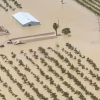
Three suspected self-inflicted deaths in the months following Cyclone Gabrielle have been included in a coroner’s inquiry into 18 fatalities linked to the extreme weather events. Keep Reading
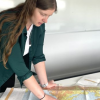
Dr Lauren Vinnell has been awarded an inaugural Aotearoa New Zealand Tāwhia te Mana Research Fellowship for her work aimed at enhancing the country’s resilience to future natural hazard events. Keep Reading
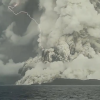
Scientists are investigating what they call a “critical hazard blind spot” for New Zealand: the risk of faraway Pacific eruptions to undersea cables we rely... Keep Reading

US suffered greatest economic losses, report commissioned by International Chamber of Commerce finds, followed by China and India Keep Reading

The regionâs president responds to criticisms that he was slow to act by attacking the prime minister Keep Reading

While the quake wasn't real, the scenario was very much so. Keep Reading
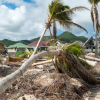
Around 38% of these costs can be attributed to climate change – new study. Keep Reading
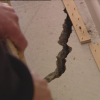
Hundreds of homeowners are waiting on settlements, but the Minister responsible for the Natural Hazards commission says "at some point, the music's got to stop". Keep Reading
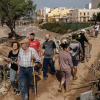
Moments after rushing waters burst through the door to her home, Mari Carmen Pérez received a text message alert from regional Spanish authorities warning her of the possibility of flash floods. Keep Reading
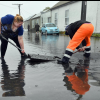
People living in flood-prone parts of Otago and Southland could soon be able to get much earlier warning of flooding events that will get at least... Keep Reading
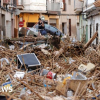
Recriminations fly on social media as people ask why local authorities were not better prepared. Keep Reading
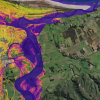
NIWA is using machine learning to forecast flood inundation in a fraction of the time required to run physical models. Keep Reading
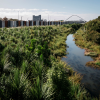
An Order in Council has been approved by Cabinet to enable faster delivery of two critical flood resilience projects in Māngere. Keep Reading

Dean Brown was one of the first on the scene during Christchurch's darkest days. Now, he hopes his new app will save more lives in future mass casualty events. Keep Reading

An Auckland councillor and a Massey University professor say fast-tracking of a major development on a floodplain could put future residents in harm's way. Keep Reading

The team are very excited to have George leading CSI going forward. Keep Reading
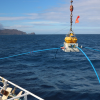
They talk about volcano science, our latest science efforts and a range of offshore volcanoes including Whakaari/White Island, Tūhua/Mayor Island and Hunga Volcano (Tonga). Keep Reading

Tribal nations long ago learned to stitch together a patchwork of support to help each other cope with disasters like Hurricane Helene. Keep Reading
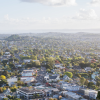
A global survey indicates two thirds of the population believe New Zealand is not doing enough to meet infrastructure needs. Keep Reading
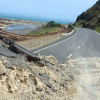
Earlier this year GNS Science joined Exercise Rū Whenua 2024, a national response exercise led by the National Emergency Management Agency (NEMA) and involving 150… Keep Reading
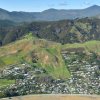
This enhanced knowledge is possible thanks to RiskScape, which now proudly powers the Commission’s loss modelling tool, ‘PRUE’. Keep Reading

In the wake of Hurricane Milton, NASA is deploying resources to support Federal Emergency Management Agency (FEMA) and state emergency management agencies to Keep Reading
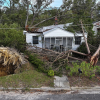
As officials tally the damage, insurance experts anticipate the frequency and expense of claims to increase. Keep Reading
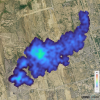
The imaging spectrometer aboard the Carbon Mapper Coalition’s Tanager-1 satellite identified methane and carbon dioxide plumes in the United States and Keep Reading
Natural hazard risk is a reality of living in New Zealand. Use this checklist to make sure you understand the risk profile of a property, before you buy.

Keep Reading
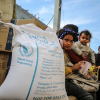
Humanitarian crises are intensifying due to conflict and climate change. The United Nations, through OCHA, leads efforts to bring the world together to tackle humanitarian emergencies and save the lives of people caught in crises. Keep Reading

WMO’s State of the Global Climate report confirmed that 2024 was likely the first calendar year to be more than 1.5°C above the pre-industrial era, with a global mean near-surface temperature of 1.55 ± 0.13 °C above the 1850-1900 average. This is the warmest year in the 175-year observational record.WMO’s flagship report showed that: Keep Reading
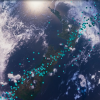
GeoNet 19 February 2025 Keep Reading
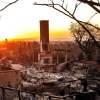
These photos chronicle the catastrophic scale of destruction from wildfires in California that started on Jan. 7. Keep Reading
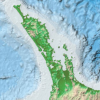
While The Front Page is on its summer break, we are revisiting some of the biggest news stories from 2024. New episodes return on January 13th. A... Keep Reading

The active fault datasets displayed on this website are prepared by the Institute of Geological and Nuclear Sciences Limited (GNS Science). Keep Reading

The National Emergency Management Agency (NEMA) is the Government lead for emergency management. We help build a safe and resilient Aotearoa New Zealand by empowering communities before, during and after emergencies. Keep Reading

There are 161 potentially active volcanoes in the United States. According to a 2018 USGS assessment, 57 volcanoes are a high threat or very high threat to public safety. Keep Reading
Collected articles from New Zealand and around the world on natural hazards, emergencies and preparedness Keep Reading
Collected news from New Zealand and around the world on natural hazards, emergencies and preparedness Keep Reading
